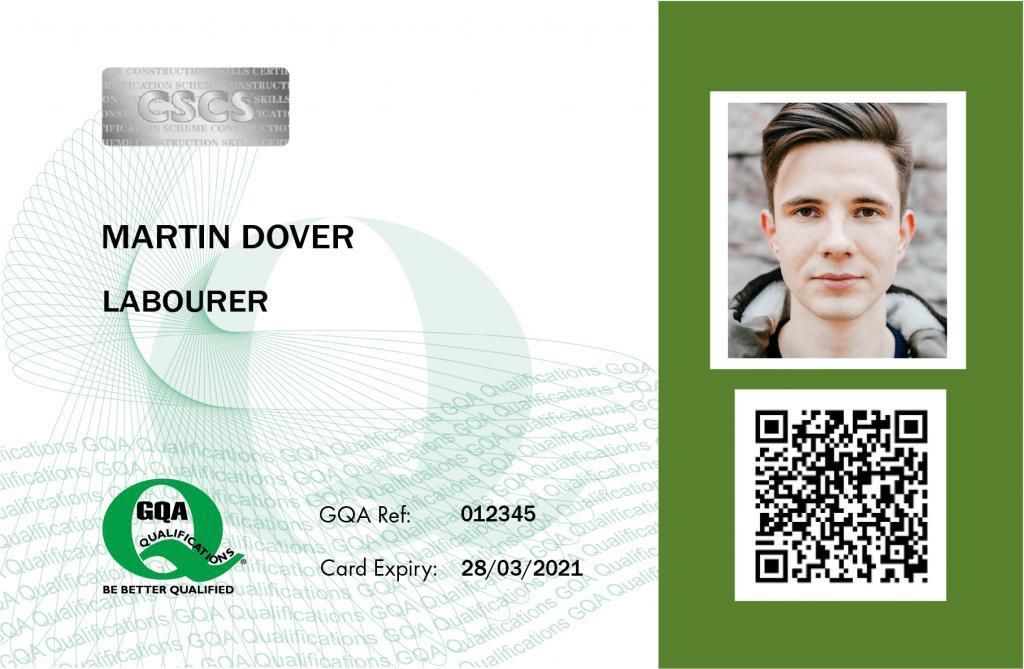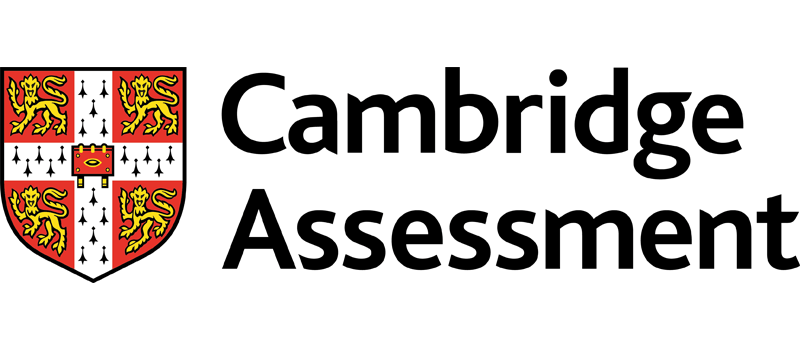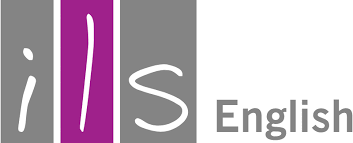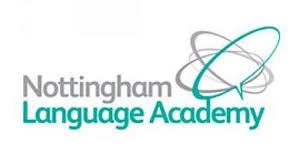
Mental Health First Aid
Course ID: 2507280101293ESH
Course Dates : 28/07/25 Course Duration : 5 Studying Day/s Course Location: London, UK
Language: Bilingual
Course Category: Professional and CPD Training Programs
Course Subcategories: Health, Safety and Risk Management
Course Certified By: ESHub CPD & LondonUni - Executive Management Training
* Professional Training and CPD Programs
Leading to:
Executive Diploma Certificate
Leading to:
Executive Mini Masters Certificate
Leading to
Executive Masters Certificate
Certification Will Be Issued From :
From London, United Kingdom
Course Fees: £5,120.30
Vat Not Included in the price. VAT may vary depending on the country where the course or workshop is held.
Click to Pay
Date has passed please contact us Sales@e-s-hub.com
Course Information
Introduction
Mental health is a cornerstone of overall well-being, yet it remains one of the most under-addressed aspects in both personal and professional settings. In many industries, employees face mounting pressures from deadlines, interpersonal dynamics, and evolving workplace expectations, which can exacerbate stress, anxiety, and burnout. The World Health Organization (WHO) estimates that depression and anxiety cost the global economy approximately $1 trillion annually in lost productivity. This underscores the urgent need for organizations to prioritize mental health literacy as part of their operational strategies. By equipping individuals with the tools to recognize and respond to mental health challenges, workplaces can foster environments where employees thrive rather than merely survive.
The concept of Mental Health First Aid (MHFA) draws inspiration from traditional first aid practices but focuses on psychological well-being. Just as physical first aid provides immediate care until professional help arrives, MHFA trains individuals to offer initial support to someone experiencing a mental health crisis. This approach aligns with Maslow’s Hierarchy of Needs, emphasizing that psychological safety must be addressed before higher-order goals like creativity or productivity can be achieved. Despite its proven effectiveness, there remains a significant gap in awareness and application of MHFA principles across industries. Many professionals lack the confidence or knowledge to intervene effectively when colleagues exhibit signs of distress, often fearing they might say or do the wrong thing.
Consider the case of a mid-sized tech company that implemented MHFA training for its managers. Within six months, employee satisfaction scores rose by 20%, and absenteeism decreased significantly. Employees reported feeling more supported and understood, while managers noted improved team cohesion and communication. Such outcomes highlight the transformative potential of MHFA not only for individual growth but also for organizational success. However, without structured education and practice, even well-meaning interventions can fall short or inadvertently cause harm.
This course addresses these gaps by providing participants with evidence-based strategies rooted in frameworks such as the Stress-Strain Model and Cognitive Behavioral Therapy (CBT). Participants will learn how to identify early warning signs of common mental health issues, engage in non-judgmental conversations, and guide individuals toward appropriate resources. These skills are particularly relevant given the rise of remote work, where isolation and digital fatigue have compounded existing mental health concerns. As industries increasingly adopt hybrid models, the ability to support colleagues virtually becomes just as critical as face-to-face interactions.
Moreover, mastering MHFA has far-reaching benefits beyond the workplace. Individuals who complete this training often report enhanced empathy, improved relationships, and greater resilience in navigating life’s challenges. Organizations, on the other hand, stand to gain through reduced healthcare costs, increased retention rates, and strengthened reputations as employers of choice. For instance, a study published in the Journal of Occupational Health Psychology found that companies investing in mental health initiatives saw a 30% increase in employee engagement and a 25% reduction in turnover.
Ultimately, this course represents an opportunity to bridge the divide between awareness and action. It empowers participants to become proactive advocates for mental health, fostering cultures of compassion and inclusivity. Whether you’re an HR manager seeking to enhance your organization’s wellness programs or a team leader striving to create a supportive environment, this training offers invaluable insights and practical tools to make a meaningful difference.
Objectives
By attending this course, participants will be able to:
Analyze the signs and symptoms of common mental health conditions, including anxiety, depression, and substance misuse.
Evaluate the impact of stigma on mental health disclosure and develop strategies to promote open dialogue.
Apply active listening techniques to conduct empathetic and non-judgmental conversations with individuals in distress.
Design personalized action plans to guide individuals toward professional mental health services and self-care practices.
Implement de-escalation strategies during crises, such as panic attacks or suicidal ideation, using established protocols.
Assess the role of workplace policies in promoting mental well-being and recommend improvements based on best practices.
Reflect on personal biases and limitations when offering mental health support, ensuring ethical and culturally sensitive interventions.
Who Should Attend?
This course is ideal for:
HR managers, team leaders, educators, healthcare professionals, consultants, and anyone responsible for supporting others in high-pressure environments. These groups will find the course invaluable because it equips them with the skills to address mental health challenges proactively, thereby enhancing both individual and organizational outcomes. While no prior experience in mental health is required, the course is particularly beneficial for beginners and intermediate learners looking to build foundational knowledge and practical expertise.
Training Method
• Pre-assessment
• Live group instruction
• Use of real-world examples, case studies and exercises
• Interactive participation and discussion
• Power point presentation, LCD and flip chart
• Group activities and tests
• Each participant receives a 7” Tablet containing a copy of the presentation, slides and handouts
• Post-assessment
Program Support
This program is supported by:
* Interactive discussions
* Role-play
* Case studies and highlight the techniques available to the participants.
Daily Agenda
Daily Schedule (Monday to Friday)
- 09:00 AM – 10:30 AM Technical Session 1
- 10:30 AM – 12:00 PM Technical Session 2
- 12:00 PM – 01:00 PM Technical Session 3
- 01:00 PM – 02:00 PM Lunch Break (If Applicable)
- Participants are expected to engage in guided self-study, reading, or personal reflection on the day’s content. This contributes toward the CPD accreditation and deepens conceptual understanding.
- 02:00 PM – 04:00 PM Self-Study & Reflection
Please Note:
- All training sessions are conducted from Monday to Friday, following the standard working week observed in the United Kingdom and European Union. Saturday and Sunday are official weekends and are not counted as part of the course duration.
- Coffee and refreshments are available on a floating basis throughout the morning. Participants may help themselves at their convenience to ensure an uninterrupted learning experience Provided if applicable and subject to course delivery arrangements.
- Lunch Provided if applicable and subject to course delivery arrangements.
Course Outlines
Foundations of Mental Health First Aid
Understanding mental health: Definitions, statistics, and trends
Recognizing stigma and its effects on help-seeking behavior
Overview of common mental health conditions
Introduction to the ALGEE action plan (Approach, Listen, Give, Encourage, Encourage)
Day 2:
Identifying Signs and Symptoms
Early warning signs of anxiety, depression, and psychosis
Differentiating between stress and mental illness
Substance misuse: Causes, symptoms, and intervention strategies
Cultural considerations in mental health assessment
Day 3:
Communication Skills and Crisis Management
Active listening and empathy-building techniques
Conducting difficult conversations about mental health
Managing acute crises: Panic attacks, self-harm, and suicidal thoughts
Legal and ethical responsibilities in mental health first aid
Day 4:
Workplace Applications
Promoting mental health in diverse work settings
Developing mental health policies and procedures
Supporting remote and hybrid teams
Measuring the impact of mental health initiatives
Day 5:
Practical Exercises and Certification
Role-playing scenarios to practice learned skills
Group discussions on real-world applications
Review of compliance requirements and updates
Final assessment and certification ceremony



















































